Happy Easter! Happy Fifth Sunday of Easter, to be specific, but Happy Easter just the same! The Church, in its wisdom, knows the glory of the Resurrection cannot be contained in just one day, or one week, or one month, not even in the multi-week Easter season of each year’s Liturgical Calendar. The glory of the Resurrection continues to this day, but it continues even further – into eternity.
Thus, today’s readings are a kind of roadmap for us impatient children of God, sitting here with our “Are we there yet?” attitudes. Luke, writing about the first missionary journey of Paul in the Acts of the Apostles, John at Patmos writing his visions in the Book of Revelation, and the same John sharing his recollections of Jesus at the Last Supper, give us a few directives to help us get to where we hope to be going, and to reassure us while we are getting there.
Paul tells the disciples the hard truth: “It is necessary for us to undergo many hardships to enter the kingdom of God.” Faith requires perseverance and, unfortunately, too many decide the journey is too hard, failing to recognize the glory that awaits those who do persevere.
John’s vision in Revelation reminds us of that glory, a new Jerusalem where we, the bride, will be adorned for our husband, Jesus Christ, risen and ascended and seated on His glorious throne. Then John tells us something that should bring us joy: “God’s dwelling is with the human race.” That’s right, God will be with us! We lowly creatures who have believed and have faith and persevere will belong to God and be with God, who will “make all things new.”
Jesus tells us plainly in John’s Gospel how we get to that point: “love one another.” Jesus says this is a new commandment, but hasn’t God been telling us to love one another all through the books of the Old Testament? The difference, the newness, is in Jesus’ next line: “As I have loved you, so you also should love one another.”
How Jesus has loved us is everything here. Completely. Selflessly. Despite His divinity, becoming human for us. Despite His humanity, becoming heavenly food for us. Despite His greatness so far above us, becoming a sacrifice for us to save us from our sins. Jesus loved us so much that He laid down his life for us, making “all things new.” Jesus is calling us to love others so much that we would be willing to do the same. The reward, then, is that newness bestowed on us in His heavenly presence forever. The road may be long and difficult, but please, dear Lord, grant us the grace we need to get there.
¡Feliz Pascua! Feliz quinto domingo de Pascua, para ser más específico, pero ¡felices Pascuas de todos modos! La Iglesia, en su sabiduría, sabe que la gloria de la Resurrección no puede contenerse en un solo día, ni en una semana, ni en un mes, ni siquiera en las varias semanas que dura la temporada de Pascua del Calendario Litúrgico de cada año. La gloria de la Resurrección sigue hasta el día de hoy, pero continúa aún más allá, en la eternidad.
Por lo tanto, las lecturas de hoy son una especie de mapa para nosotros, hijos de Dios impacientes, sentados aquí con una actitud de “¿ya llegamos?”. Lucas, escribiendo sobre el primer viaje misionero de Pablo en los Hechos de los Apóstoles, Juan en Patmos escribiendo sus visiones en el Libro del Apocalipsis, y el mismo Juan compartiendo sus recuerdos de Jesús en la Última Cena, nos dan algunas directrices para ayudarnos a llegar a donde esperamos ir, y para tranquilizarnos mientras llegamos allí.
Pablo les dice a los discípulos la dura verdad: “hay que pasar por muchas tribulaciones para entrar en el reino de Dios”. La fe requiere perseverancia y, desafortunadamente, muchos deciden que el camino es demasiado duro, sin reconocer la gloria que espera a quienes perseveran.
La visión de Juan en el Apocalipsis nos recuerda de esa gloria, una nueva Jerusalén donde nosotros, la novia, seremos adornados para nuestro esposo, Jesucristo, resucitado y ascendido y sentado en su trono glorioso. Luego Juan nos dice algo que debería traernos alegría: “Ésta es la morada de Dios con los hombres”. Así es, ¡Dios va a estar con nosotros! Nosotros, criaturas humildes que hemos creído, tenemos fe y perseveramos, perteneceremos a Dios y estaremos con Dios, quien va a “hacer nuevas todas las cosas”.
Jesús nos dice claramente en el Evangelio de Juan cómo llegamos a ese punto: “que se amen los unos a los otros”. Jesús dice que este es un mandamiento nuevo, pero ¿no nos ha estado diciendo Dios que nos amemos los unos a los otros a lo largo de todos los libros del Antiguo Testamento? La diferencia, la novedad, está en la siguiente línea de Jesús: “como yo los he amado”.
La forma en que Jesús nos ha amado lo es todo. Completamente. Desinteresadamente. A pesar de su divinidad, haciéndose ser humano por nosotros. A pesar de su humanidad, haciéndose alimento celestial para nosotros. A pesar de su grandeza tan superior a la nuestra, haciéndose un sacrificio por nosotros para salvarnos de los pecados. Jesús nos amó tanto que dio su vida por nosotros, haciendo “nuevas todas las cosas”. Jesús nos está llamando a amar tanto a los demás que estemos dispuestos a hacer lo mismo. La recompensa, entonces, es esa novedad que se nos otorga en su presencia celestial para siempre. El camino puede ser largo y difícil, pero por favor, querido Señor, concédenos la gracia que necesitamos para llegar allí.
 Mike Karpus is a regular guy. He grew up in Michigan’s Upper Peninsula, graduated from Michigan State University and works as an editor. He is married to a Catholic school principal, raised two daughters who became Catholic school teachers at points in their careers, and now relishes his two grandchildren, including the older one who is fascinated with learning about his faith. He also has served on a Catholic school board, a pastoral council and a parish stewardship committee. He currently is a lector at Mass, a Knight of Columbus, Adult Faith Formation Committee member and a board member of the local Habitat for Humanity organization. But mostly he’s a regular guy.
Mike Karpus is a regular guy. He grew up in Michigan’s Upper Peninsula, graduated from Michigan State University and works as an editor. He is married to a Catholic school principal, raised two daughters who became Catholic school teachers at points in their careers, and now relishes his two grandchildren, including the older one who is fascinated with learning about his faith. He also has served on a Catholic school board, a pastoral council and a parish stewardship committee. He currently is a lector at Mass, a Knight of Columbus, Adult Faith Formation Committee member and a board member of the local Habitat for Humanity organization. But mostly he’s a regular guy.
Feature Image Credit: ajs1980518, pixabay.com/photos/rio-de-janeiro-brasil-south-america-3993598/
The views and opinions expressed in the Inspiration Daily blog are solely those of the original authors and contributors. These views and opinions do not necessarily represent those of Diocesan, the Diocesan staff, or other contributors to this blog.


 Pamela Kavanaugh is a grateful wife, mother, and grandmother who has dedicated her professional life to Catholic education. Though she has done her very best to teach her students well in the subjects of language and religion, she knows that she has learned more than she has taught. She lives, teaches, and writes in southwest suburban Chicago.
Pamela Kavanaugh is a grateful wife, mother, and grandmother who has dedicated her professional life to Catholic education. Though she has done her very best to teach her students well in the subjects of language and religion, she knows that she has learned more than she has taught. She lives, teaches, and writes in southwest suburban Chicago.
 Kate Taliaferro is an Air Force wife and mother. She is blessed to be able to homeschool, bake bread and fold endless piles of laundry. When not planning a school day, writing a blog post or cooking pasta, Kate can be found curled up with a book or working with some kind of fiber craft. Kate blogs at
Kate Taliaferro is an Air Force wife and mother. She is blessed to be able to homeschool, bake bread and fold endless piles of laundry. When not planning a school day, writing a blog post or cooking pasta, Kate can be found curled up with a book or working with some kind of fiber craft. Kate blogs at 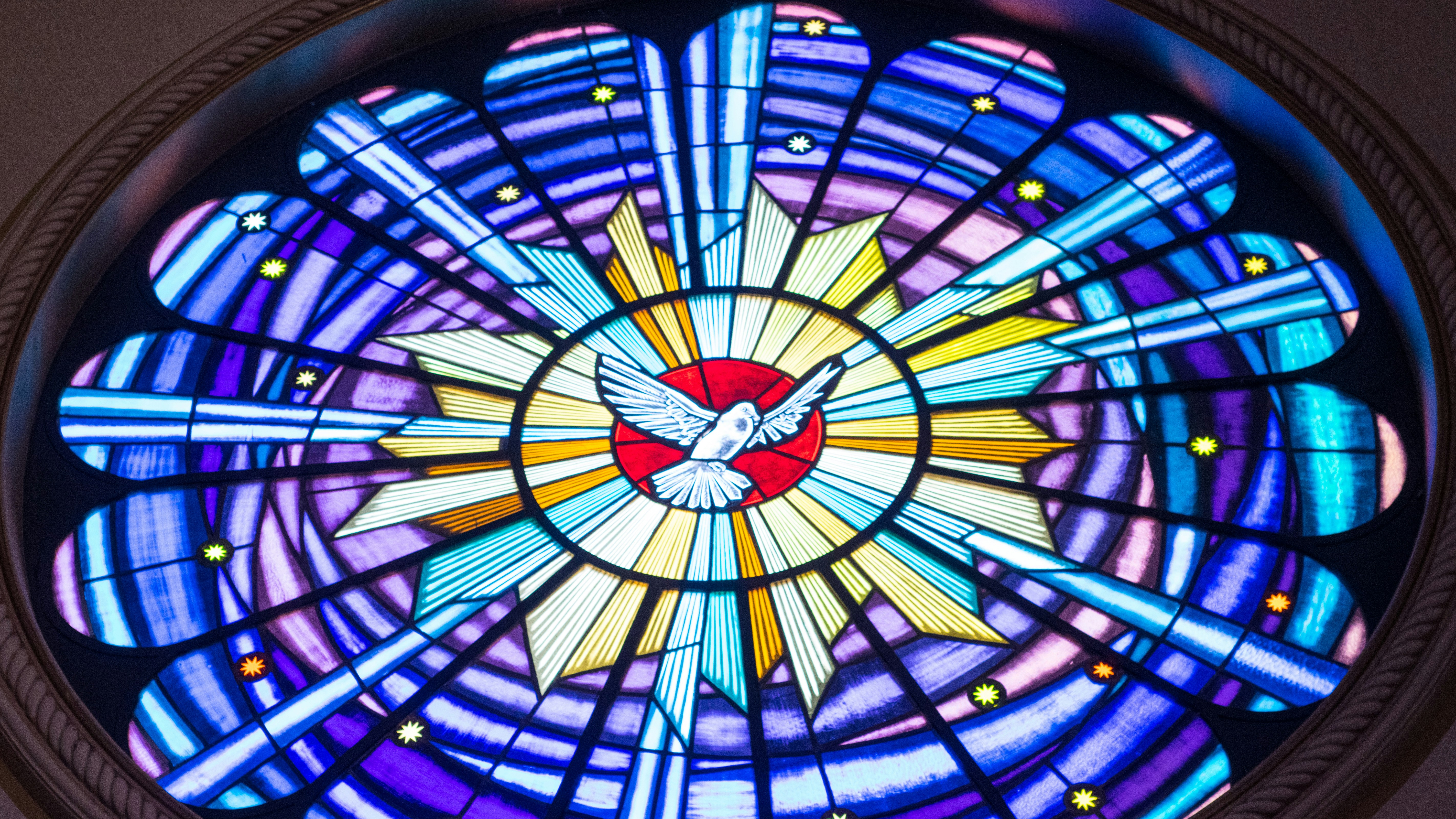


 Lily is a Michigan native and cradle Catholic who has spent most of her life exploring her own reasons to embrace her faith fully. She attended Franciscan University of Steubenville, where she discovered the beauty of her personal relationship with Christ and the Church. After college, she worked in Montessori Education for three years and recently transitioned to nannying. She was recently married and spends most of her time reading, and enjoying her dog and family!
Lily is a Michigan native and cradle Catholic who has spent most of her life exploring her own reasons to embrace her faith fully. She attended Franciscan University of Steubenville, where she discovered the beauty of her personal relationship with Christ and the Church. After college, she worked in Montessori Education for three years and recently transitioned to nannying. She was recently married and spends most of her time reading, and enjoying her dog and family!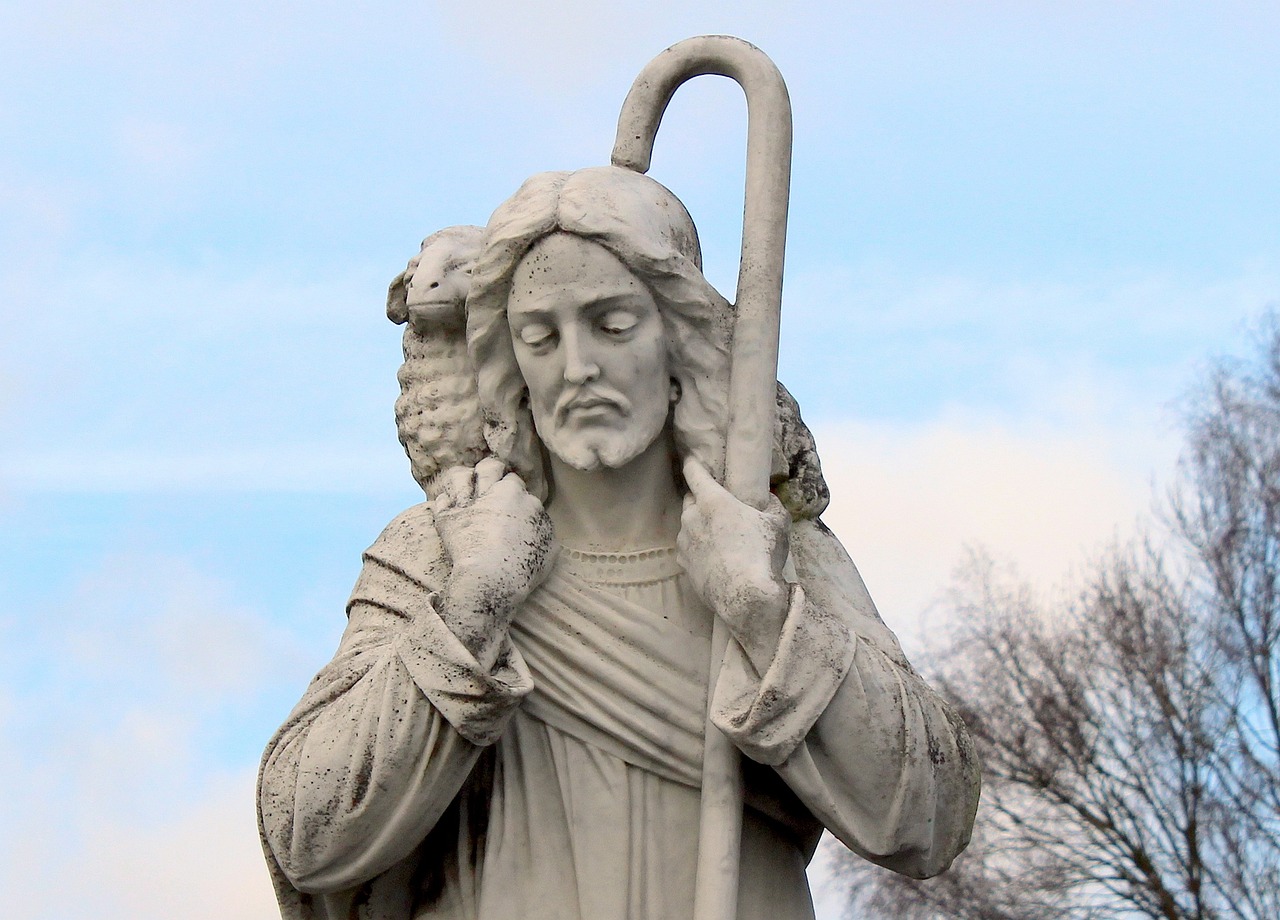
 Kathryn Mulderink, MA, is married to Robert, Station Manager for Holy Family Radio. Together they have seven children (including Father Rob), and eleven grandchildren. She is President of the local community of Secular Discalced Carmelites and has published five books and many articles. Over the last 30 years, she has worked as a teacher, headmistress, catechist, Pastoral Associate, and DRE, and as a writer and voice talent for Catholic Radio. Currently, she serves the Church by writing and speaking, and by collaborating with various parishes and to lead others to encounter Christ and engage their faith. Her website is
Kathryn Mulderink, MA, is married to Robert, Station Manager for Holy Family Radio. Together they have seven children (including Father Rob), and eleven grandchildren. She is President of the local community of Secular Discalced Carmelites and has published five books and many articles. Over the last 30 years, she has worked as a teacher, headmistress, catechist, Pastoral Associate, and DRE, and as a writer and voice talent for Catholic Radio. Currently, she serves the Church by writing and speaking, and by collaborating with various parishes and to lead others to encounter Christ and engage their faith. Her website is 
 Tami Urcia is a midwestern gal from a large Catholic family. As a young adulthood she was a missionary in Mexico, where she studied theology and philosophy. After returning stateside bilingual, she gained a variety of work experience, traveled extensively and finished her Bachelor’s Degree at Brescia University. She loves organizing and simplifying things, watching her children play sports, deep conversations with close family and friends and finding unique ways to brighten others’ day with Christ’s love. She works full time at Diocesan in the Software Department and manages the Inspiration Daily reflections. She is also a contributing writer on
Tami Urcia is a midwestern gal from a large Catholic family. As a young adulthood she was a missionary in Mexico, where she studied theology and philosophy. After returning stateside bilingual, she gained a variety of work experience, traveled extensively and finished her Bachelor’s Degree at Brescia University. She loves organizing and simplifying things, watching her children play sports, deep conversations with close family and friends and finding unique ways to brighten others’ day with Christ’s love. She works full time at Diocesan in the Software Department and manages the Inspiration Daily reflections. She is also a contributing writer on 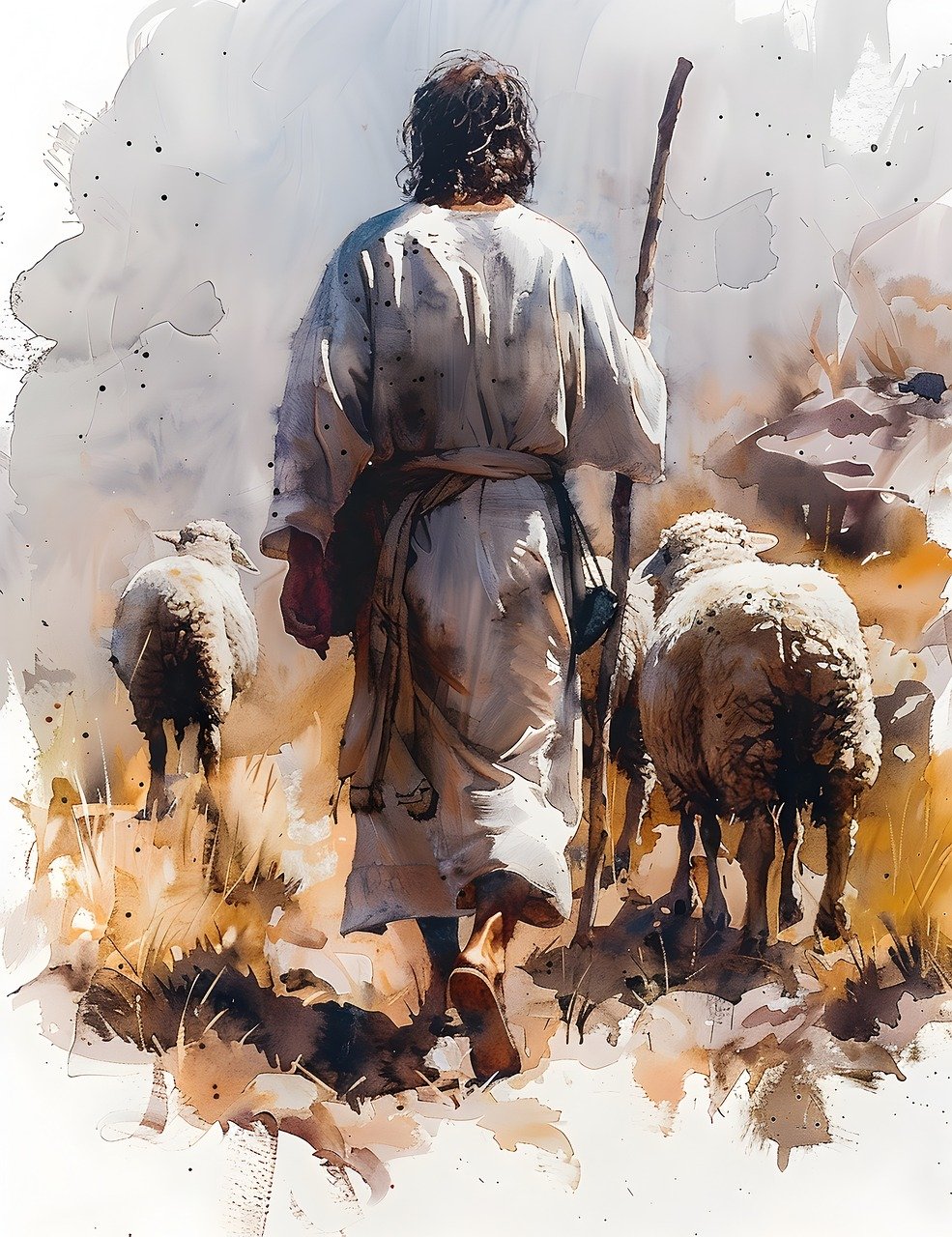

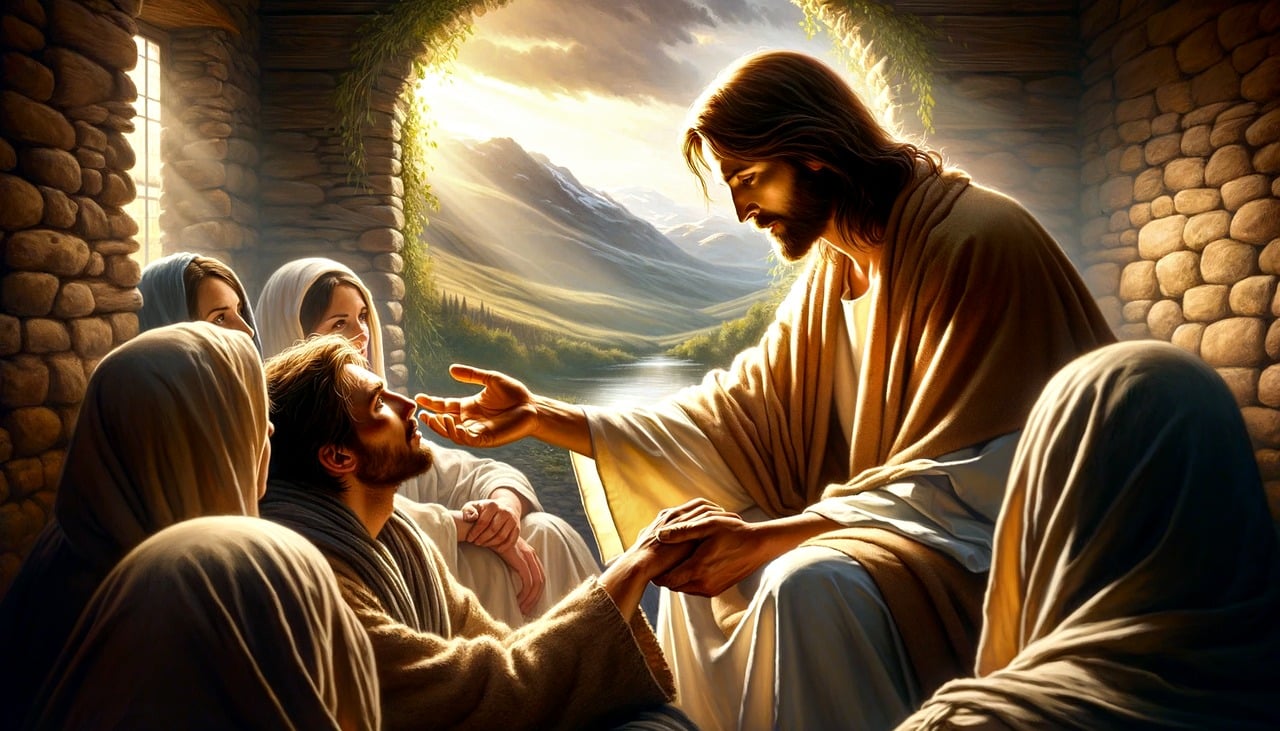
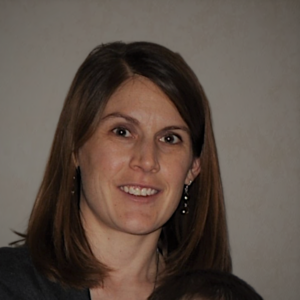 Kimberly Andrich writes from the perspective of having a hidden, chronic illness and experiencing a deep, continuous conversion through being yoked to Jesus in the day-to-day trials and joys of life. She is a wife, mother of 5, and daughter of the King. Kimberly also writes for
Kimberly Andrich writes from the perspective of having a hidden, chronic illness and experiencing a deep, continuous conversion through being yoked to Jesus in the day-to-day trials and joys of life. She is a wife, mother of 5, and daughter of the King. Kimberly also writes for 

 Allison Gingras (
Allison Gingras (

